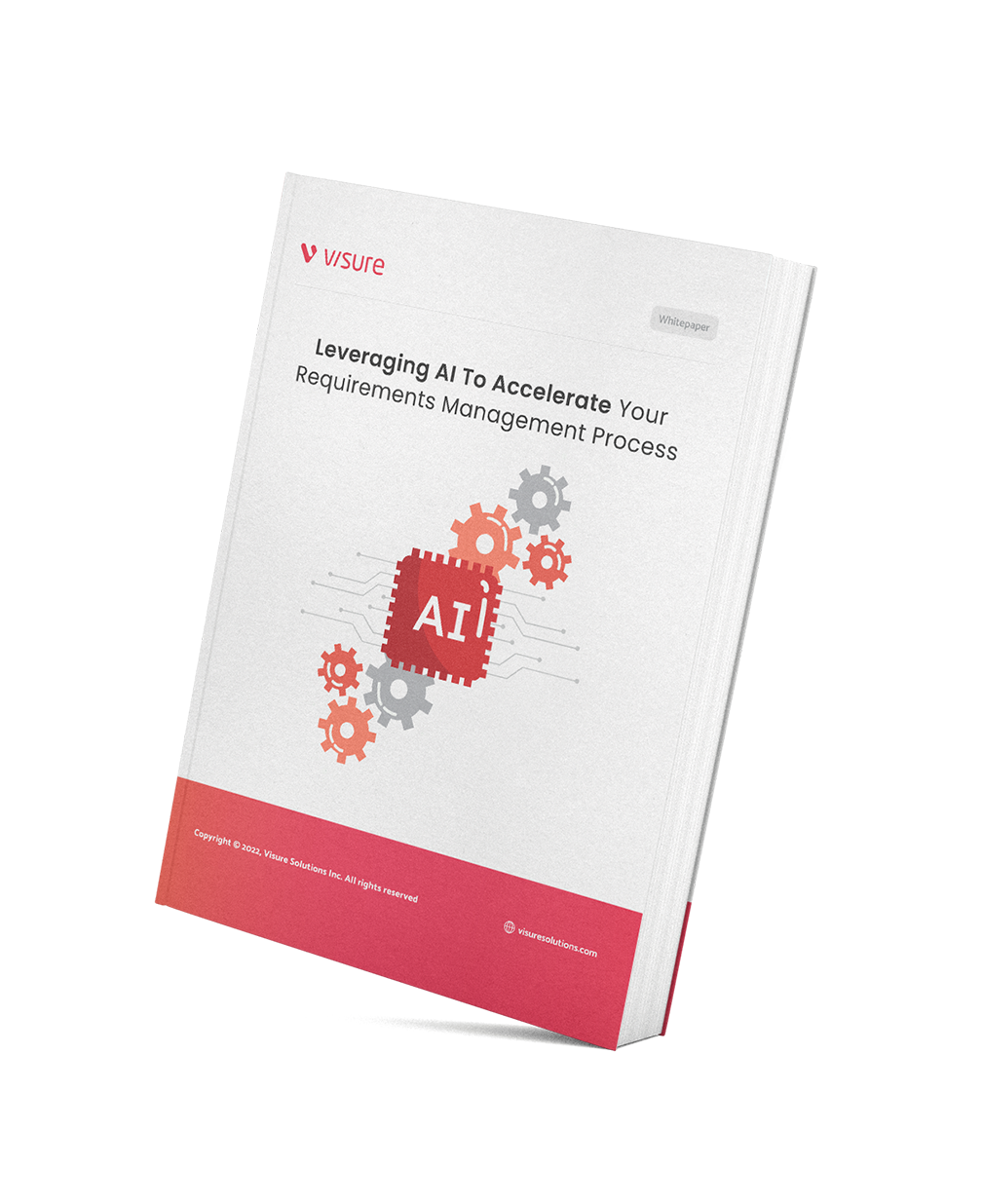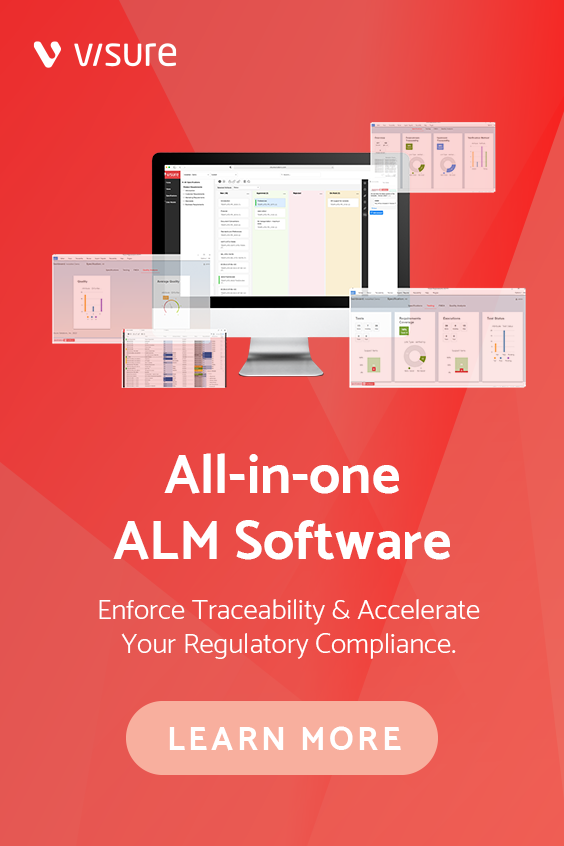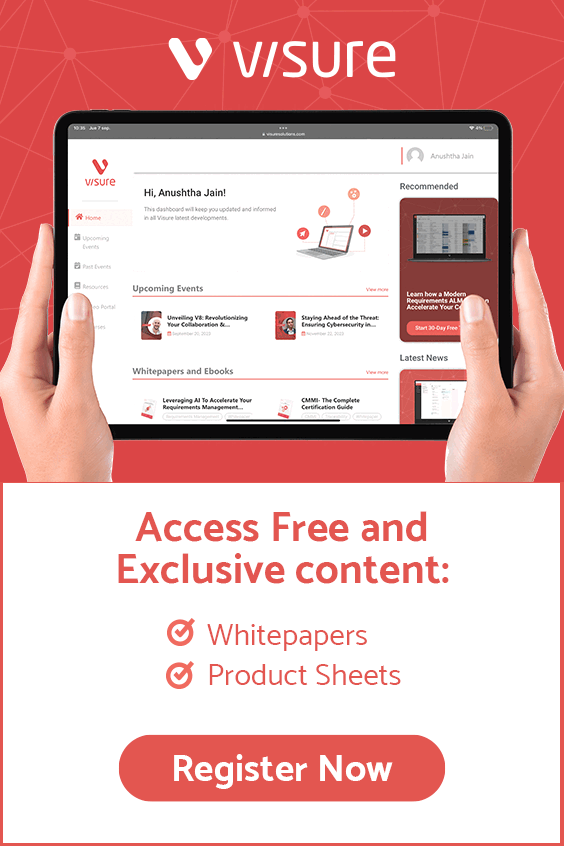How to Leverage AI To Enhance Your Requirements Management?
Requirements management is the process of capturing, documenting, analyzing, prioritizing, tracking, and controlling the requirements for a software project or system. It involves understanding and defining the needs and expectations of stakeholders, translating them into detailed specifications, and ensuring that the developed product meets those requirements.
Leveraging artificial intelligence (AI) can significantly enhance the requirements management process by automating and augmenting various tasks, reducing manual effort, improving accuracy, and increasing efficiency. Here are some ways to leverage AI to enhance your requirements management:
- Natural Language Processing (NLP): NLP techniques can be used to analyze and understand textual requirements. AI-powered tools can extract relevant information, identify key terms, and classify requirements based on their type or category. NLP can also help in detecting inconsistencies, ambiguities, or conflicts within requirements documents.
- Automated Requirement Validation: AI can assist in automatically validating requirements against predefined rules or constraints. Machine learning algorithms can be trained on historical data to identify common errors or inconsistencies in requirements. This helps in identifying potential issues early in the process, reducing rework, and improving the overall quality of requirements.
- Intelligent Requirement Prioritization: AI algorithms can analyze and prioritize requirements based on various factors such as stakeholder preferences, business impact, and technical feasibility. By considering multiple criteria, AI can help project teams make informed decisions about which requirements to focus on first, optimizing resource allocation and project planning.
- Requirement Traceability: AI can improve the traceability of requirements throughout the development lifecycle. By analyzing the relationships between requirements, design artifacts, test cases, and other project artifacts, AI can automatically identify missing links or incomplete coverage. This ensures that all requirements are properly addressed and helps in managing changes and impact analysis.
- Automated Impact Analysis: When changes occur in requirements, AI can perform automated impact analysis to assess the potential effects on other requirements, design elements, or project schedules. By analyzing dependencies and relationships, AI tools can quickly identify the areas that need to be modified, saving time and effort in manual impact analysis.
- Intelligent Recommendation Systems: AI can provide intelligent recommendations during the requirements management process. Based on historical data, AI algorithms can suggest alternative or related requirements, propose design patterns or solutions, and assist in making informed decisions. This helps in enhancing creativity, discovering new possibilities, and avoiding potential pitfalls.
- Predictive Analytics: AI can leverage historical project data to predict risks, estimate effort, or forecast project outcomes related to requirements management. By analyzing patterns and trends, AI algorithms can provide valuable insights to project managers, helping them in making proactive decisions, manage resources effectively, and improve project success rates.
Visure’s New AI Integration
Visure Solutions, a prominent provider of ALM (Application Lifecycle Management) software for Requirements Management, has recently announced its pioneering role in integrating AI technology into its products. This move is set to substantially enhance the capability of Visure’s offerings, marking the arrival of the next generation of Requirements Management tools.
The integration of AI technology into Visure’s Requirements Management ALM platform will empower users to extract more profound insights from their projects, enabling more effective and efficient management of the requirements process. The new technology will facilitate real-time identification of potential issues, reducing risks and boosting productivity. With the latest capabilities,
Visure’s software can now offer predictive analytics support to minimize rework, optimize cost and performance, and enable data-driven decision-making.
- Writing Requirements Test Cases – Writing requirements and test cases manually can be a tedious and error-prone task, but it is essential to ensure that the system meets the specified requirements. Visure’s AI integration can simplify this process by automatically generating test cases from the system’s requirements.
- Writing Requirements – Writing requirements can be a time-consuming task that demands much effort and attention to detail. However, Visure’s AI integration can aid in automating this process. By using existing data and best practices, the integration suggests requirements.
- Suggesting Requirements Corrections – Visure’s AI integration can assist in identifying and suggesting corrections for potential errors in requirements despite best intentions and careful review. This can help ensure that the requirements are comprehensive and accurate.
- Automatically Generate Requirements – Generating requirements is another crucial component of requirements management. Visure’s AI integration can help streamline this process by automatically generating requirements for technical systems, including functional and non-functional requirements.
- Analyze the Quality of Requirements – Visure’s AI integration can streamline the process of analyzing requirement quality, which is a meticulous task that demands expertise and attention to detail. With the integration of AI, potential errors or inconsistencies in the requirements can be automatically identified and suggestions for improvement can be provided.
- Automatically Generate Requirements for a Given Requirement – The AI integration can automatically generate requirements, steps, and expected results for a given requirement. This feature can make the development process more efficient by ensuring that each requirement is detailed and complete.
- Suggest Compliance Standards for a Given Industry – To ensure compliance with a development project, it is crucial to adhere to industry standards. Visure’s AI integration can assist in achieving compliance by recommending the relevant standards for the system to comply with based on the specific industry.
The integration of AI technology into Visure’s Requirements Management Software is expected to provide numerous benefits to businesses, including better accuracy and efficiency in identifying and managing project requirements, faster data processing and analysis, enhanced collaboration and communication among project stakeholders, more effective decision-making based on real-time data insights, and a forward-thinking and strategic approach to software development. AI can also automate manual tasks, generate requirements, create test cases, reduce human errors, and enhance overall project productivity and performance. Ultimately, this can lead to lower costs, faster time-to-market, and better customer satisfaction.
In this whitepaper, we will cover:
- Introduction to Artificial Intelligence, Machine Learning, & Natural Language Processing
- Leveraging AI in the Complete Requirements Engineering Process
- Leveraging AI for Requirements Management in Safety-Critical Industries
- Benefits & Limitations of AI
- Future Trends & Outlooks of AI and ML
- Visure Solutions Transforms Requirements Management through AI Integration, Unleashing Efficiency and Driving Innovation



